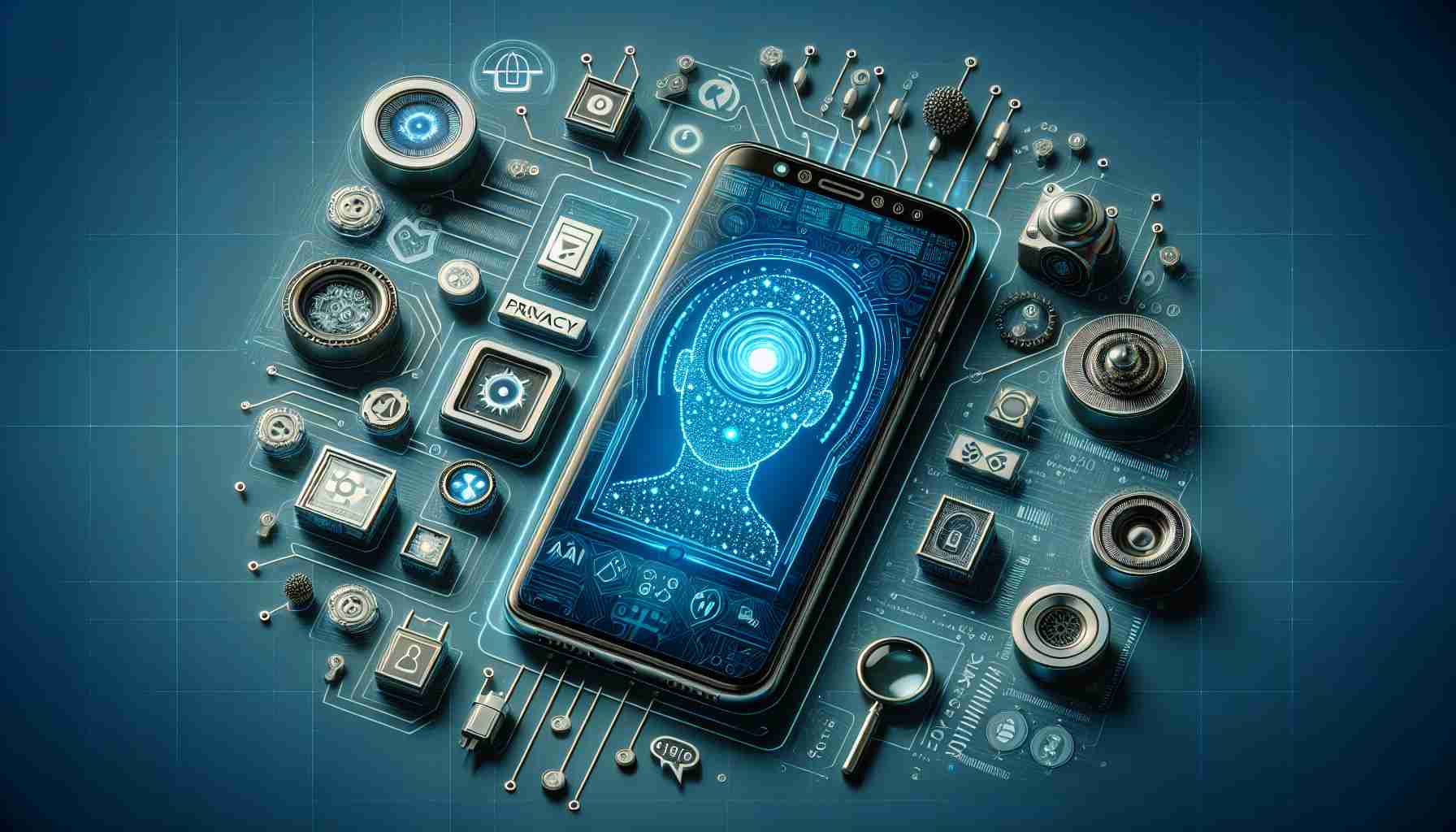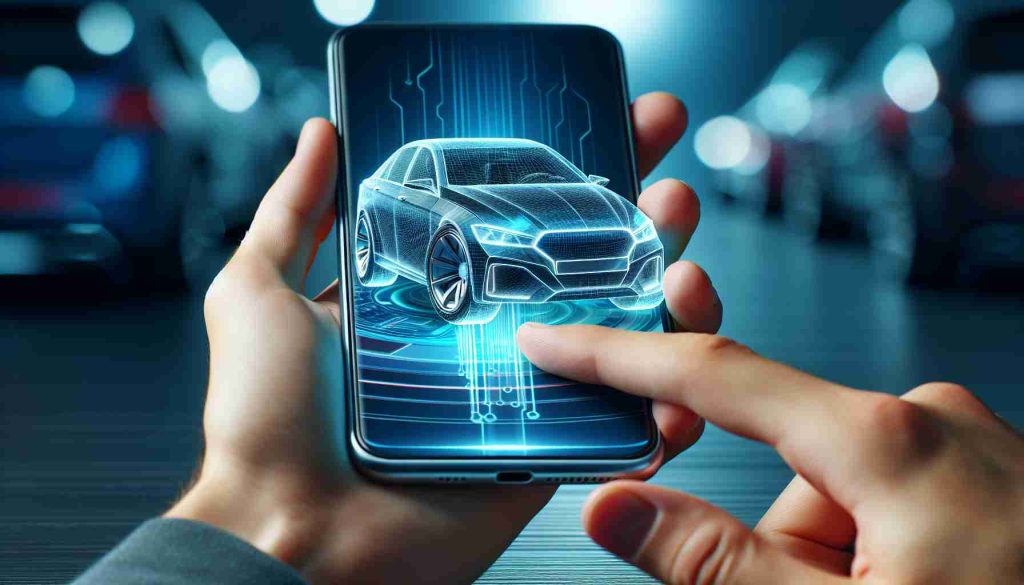The rise of AI-powered smartphones has set off an enthralling technological evolution, becoming a focal point in the landscape of personal privacy and data security. As phones morph into advanced AI terminals, they inevitably gather a wealth of personal data, prompting the pivotal challenge of cultivating consumer trust.
2024 marked a groundbreaking year for AI phones. Major players like Apple and vivo have released pioneering models. Apple’s iPhone 16, heralded as the first true AI smartphone, integrates advanced AI capabilities both on-device and in the cloud. It empowers users to manage everyday tasks directly on their devices while utilizing cloud power for intricate tasks like image and video processing. Vivo’s innovations, including the PhoneGPT, offer the capability to autonomously handle tasks such as app navigation and restaurant reservations, illustrating AI’s growing autonomy.
The integration of AI into smartphones has prompted significant data security discussions. Apple merges its internally developed cloud AI with fortified privacy measures, while partnering brands like Samsung and Xiaomi explore third-party collaborations with services like Google’s Gemini and Baidu’s large models. The external AI services are strategically positioned outside personal data domains, ensuring interaction with non-personalized data alone.
However, as AI intertwines with phone functionalities, it unveils potential privacy risks. There’s an imperative for crafting secure data ecosystems between AI-enabled devices and third-party models. The challenge lies in delineating clear data responsibilities among manufacturers, app developers, and external AI providers, aiming for an ecosystem that consumers can unwaveringly trust.
Amidst these technological leaps, traditional privacy laws like the GDPR still apply, although they face challenges in keeping pace with AI advancements. As the EU’s AI Act suggests, legal frameworks must evolve to safeguard personal privacy in this AI-driven age, ensuring that all parties shoulder their responsibilities and protect user data effectively.
Are AI-Powered Smartphones the Next Big Thing or a Privacy Nightmare?
The advent of AI-powered smartphones has not only redefined the technological landscape but also introduced a myriad of new dynamics affecting individuals, communities, and nations worldwide. Beyond the major brands like Apple and vivo making headlines, there are lesser-known yet impactful developments surrounding this innovation.
The Emerging Batch of AI Startups: Unexpected Innovators
While tech giants dominate the discourse, AI startups are emerging as potent disruptors. Companies like Humane are pioneering novel AI technology that embedded directly into smartphones and accessories, altering how users interact with their devices. Such startups focus on niche markets, enabling personalized AI services designed for specific user needs, potentially outpacing established brands in innovation and adaptability.
Advantages: Revolutionizing Daily Life and Access to Information
The integration of AI enhances smartphones’ abilities to predict user needs, offer real-time language translation, and provide advanced health monitoring. For healthcare, AI-infused phones can track vital signs, offering insights and alerts to both users and medical professionals. In education, they serve as powerful tools for learning, granting students immediate access to information and adaptive learning environments tailored to their pace and style.
Disadvantages: A Double-Edged Sword?
However, these devices raise serious concerns over data privacy and surveillance. As AI technologies evolve, so too do the capabilities for gathering and potentially misusing personal data. This raises questions about who has access to your information and how it is used. Communities are also beginning to wonder if such advancements exacerbate social inequality, as the digital divide widens between those with access to cutting-edge technology and those without.
The Regulatory Landscape: A Tug of War
Global regulatory frameworks face the formidable task of keeping up with rapid technological advancements. The European Union’s AI Act attempts to establish a comprehensive legal framework, yet it faces criticism for being either overly restrictive or not comprehensive enough. Countries like China are implementing stringent AI regulations to curb misuse, while others, such as the United States, are still deliberating over the appropriate regulatory measures.
Are Users Ready for Constant Connectivity?
As AI capabilities expand, users must consider how much they value privacy versus convenience. Are consumers truly prepared for a world where their smartphones anticipate every need, potentially at the cost of their data privacy? For communities, fostering digital literacy and understanding the implications of AI is crucial for making informed decisions.
Conclusion: Navigating the AI-Smartphone Era
The next decade will be a critical period for both consumers and governments in shaping the collective pace and direction of AI integration in everyday gadgets. While the promise of AI-powered smartphones is alluring, it requires a balanced approach, prioritizing user agency and data security. As we embrace these innovations, the broader implications for individuals and societies cannot be ignored.
For more information on technology trends, visit Wired and TechCrunch.
























